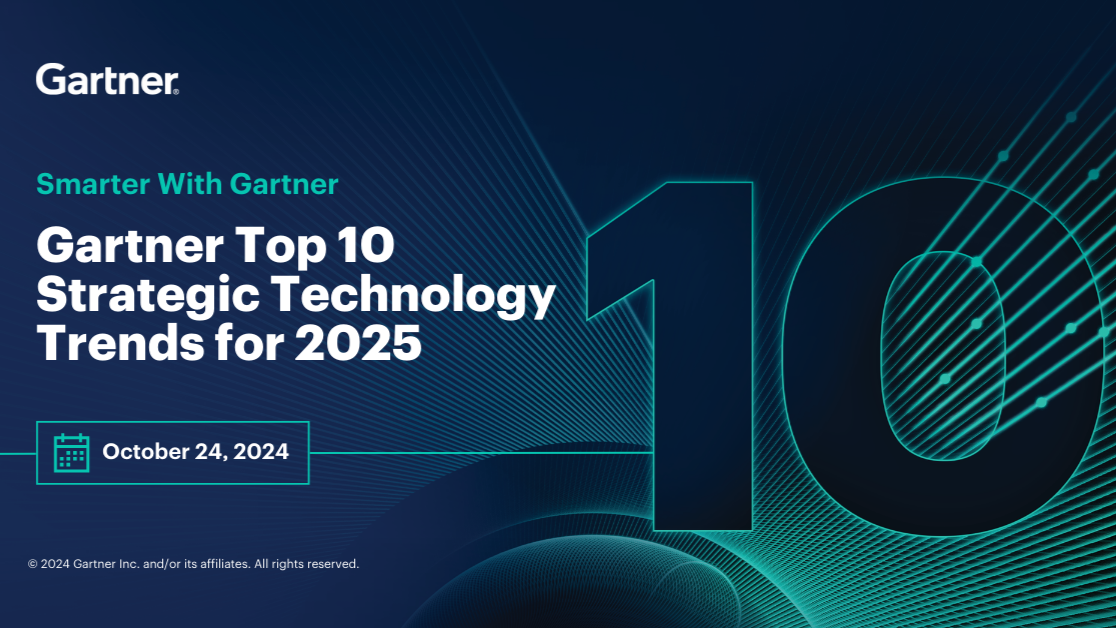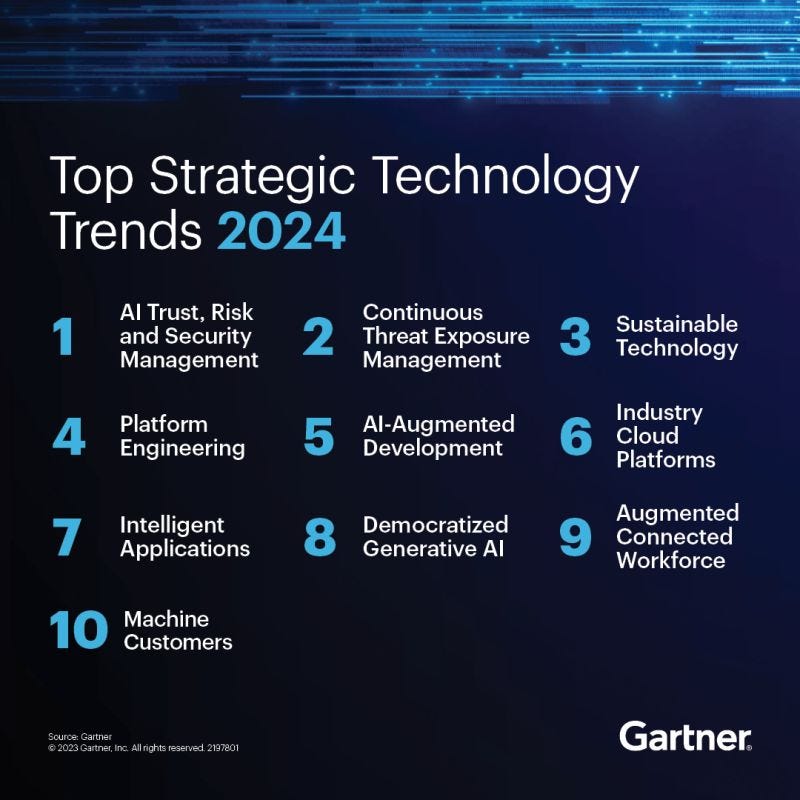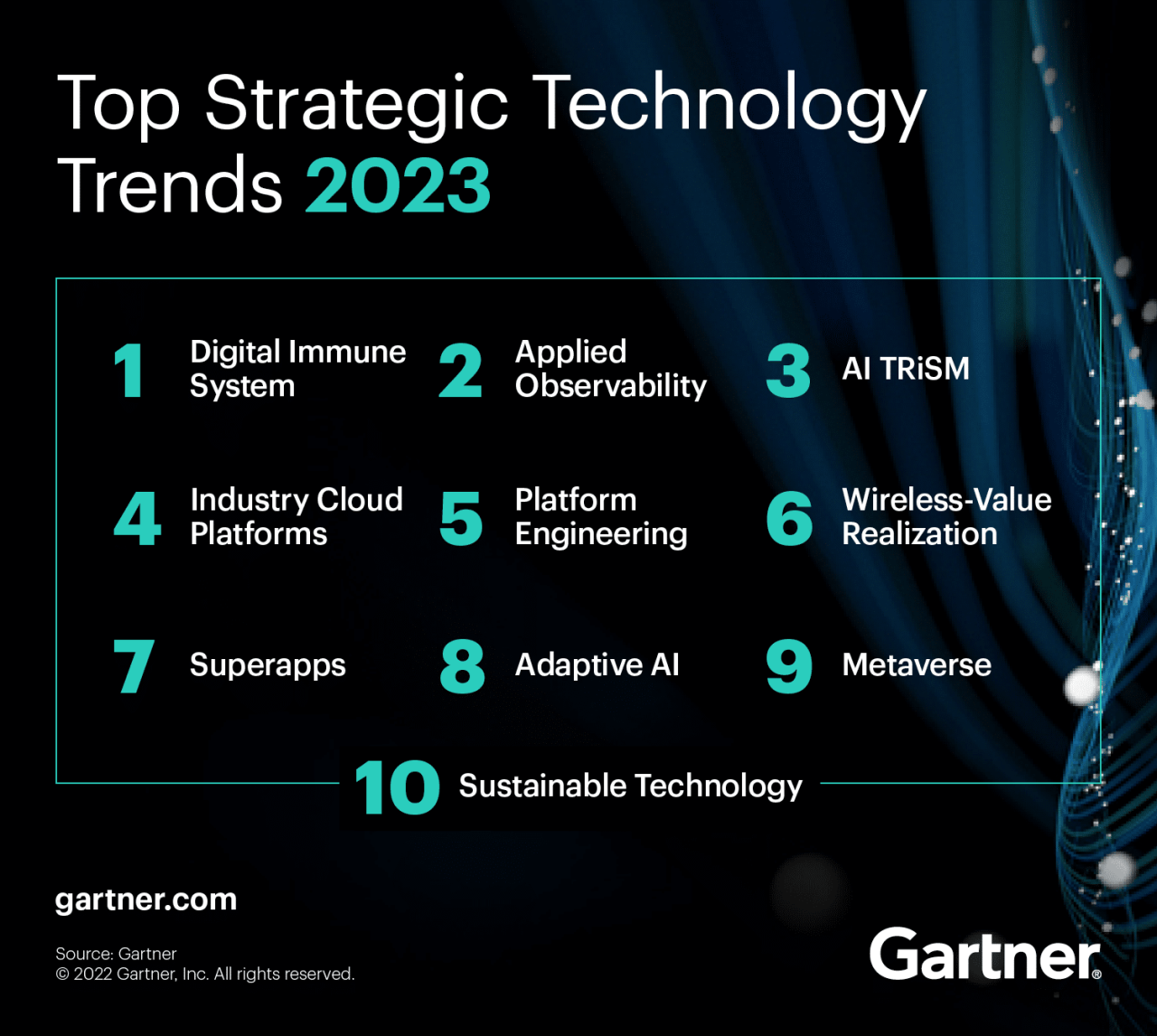As we delve into the world of smart technology trends 2025, we uncover a landscape filled with innovations and possibilities that are set to reshape the way we live and work. Get ready to embark on a journey that unveils the exciting advancements awaiting us in the near future.
From Internet of Things advancements to Artificial Intelligence integration, this overview provides a glimpse into the transformative power of technology in the upcoming years.
Overview of Smart Technology Trends 2025

In 2025, smart technology trends are shaping the way we interact with the world around us. These advancements encompass a wide range of innovations, from artificial intelligence and machine learning to the Internet of Things (IoT) and 5G connectivity.
Staying updated with technological advancements is crucial in today's fast-paced world. It allows individuals and businesses to remain competitive, improve efficiency, and enhance overall productivity. Embracing these trends can lead to improved decision-making processes, streamlined operations, and increased customer satisfaction.
Impact on Various Industries
The impact of smart technology trends in 2025 extends across various industries, revolutionizing the way they operate and deliver services. Here are some examples:
- Healthcare: Smart technology is transforming the healthcare industry by enabling remote patient monitoring, personalized treatment plans, and predictive analytics for early disease detection.
- Education: Smart technology is enhancing the learning experience through personalized learning paths, interactive content delivery, and virtual classrooms that cater to diverse student needs.
- Transportation: The transportation sector is benefitting from smart technology trends such as autonomous vehicles, traffic management systems, and real-time passenger information, leading to safer and more efficient travel.
Internet of Things (IoT) Advancements
The Internet of Things (IoT) is rapidly evolving, with exciting advancements expected by 2025. These developments have the potential to transform the way we live and work, offering new opportunities while also presenting challenges that need to be addressed.
Integration of AI and Machine Learning
The integration of artificial intelligence (AI) and machine learning with IoT devices is set to revolutionize the capabilities of connected technologies. By leveraging AI algorithms, IoT devices can analyze and interpret data in real-time, enabling them to make autonomous decisions and optimize performance.
5G Connectivity
The rollout of 5G networks will significantly enhance the speed and reliability of IoT connections, enabling seamless communication between devices. This advancement will unlock new possibilities for IoT applications in various industries, such as healthcare, transportation, and smart cities.
Enhanced Security Measures
As the number of connected devices continues to grow, ensuring the security and privacy of IoT networks becomes paramount. By implementing robust encryption protocols, biometric authentication, and secure communication channels, IoT developers can mitigate potential cybersecurity risks and safeguard sensitive data.
Artificial Intelligence (AI) Integration

Artificial Intelligence (AI) plays a pivotal role in shaping smart technology trends for 2025. It has become a driving force behind the advancements in automation, decision-making processes, and customer experiences within the realm of smart technology.
Enhanced Automation
AI integration in smart technology has revolutionized automation by enabling machines and systems to perform tasks that typically require human intelligence. From predictive maintenance in industrial settings to autonomous vehicles on the roads, AI is streamlining operations and optimizing efficiency.
Improved Decision-Making
Incorporating AI algorithms empowers smart devices to analyze vast amounts of data in real-time, leading to quicker and more accurate decision-making processes
Enhanced Customer Experiences
AI technologies, such as natural language processing and machine learning, are transforming customer interactions with smart devices. Personalized recommendations, virtual assistants, and chatbots are just a few examples of how AI is enhancing customer experiences by providing tailored solutions and seamless interactions.
Ethical Considerations
As AI continues to permeate smart technology, ethical considerations around data privacy, bias in algorithms, and the potential impact on employment are crucial. It is essential for developers, policymakers, and users to address these ethical dilemmas to ensure responsible AI integration and safeguard against unintended consequences.
5G Connectivity and Infrastructure

With the advent of 5G technology, the landscape of smart technology is set to undergo a significant transformation. The implementation of 5G networks will revolutionize the way smart devices interact and communicate, paving the way for a more connected and efficient future.
Impact of 5G Networks on Smart Technology Applications
- 5G networks will provide faster and more reliable connectivity, enabling real-time data transfer and communication between smart devices. This will enhance the overall performance and efficiency of smart technology applications.
- The low latency of 5G networks will allow for quicker response times in smart devices, leading to seamless user experiences and improved functionality.
- Increased bandwidth and network capacity provided by 5G will support the growth of IoT devices and services, expanding the possibilities for interconnected smart ecosystems.
Innovations Driven by Faster Connectivity
- The speed and efficiency of 5G networks will drive innovations in smart devices, such as augmented reality (AR) glasses, autonomous vehicles, and smart home appliances, by enabling more complex functionalities and capabilities.
- 5G connectivity will unlock new opportunities for industries like healthcare, manufacturing, and transportation, facilitating the development of advanced smart solutions and services.
- Enhanced connectivity through 5G will also spur the growth of edge computing, enabling faster processing and analysis of data at the edge of the network, leading to improved performance and reduced latency in smart applications.
Challenges of Implementing Widespread 5G Infrastructure
- Deploying widespread 5G infrastructure requires significant investment in building and upgrading network infrastructure, including the installation of new base stations and antennas to support the higher frequencies used by 5G networks.
- Regulatory challenges, such as spectrum allocation and zoning restrictions, may pose obstacles to the rapid deployment of 5G networks, delaying the widespread availability of 5G connectivity for smart technology applications.
- Cybersecurity concerns related to the increased connectivity and data transfer enabled by 5G networks will need to be addressed to ensure the privacy and security of smart devices and user data.
Closing Summary
In conclusion, the smart technology trends of 2025 hold immense potential to revolutionize industries, enhance efficiency, and improve our daily lives. It's a thrilling time to witness the evolution of technology and its impact on society.
Popular Questions
How important is it to stay updated with smart technology trends for 2025?
Staying updated is crucial as it allows individuals and businesses to adapt to new technologies, remain competitive, and take advantage of emerging opportunities.
What are some potential challenges associated with implementing IoT technology by 2025?
Challenges may include security risks, privacy concerns, interoperability issues, and the need for a skilled workforce to manage IoT systems effectively.
How is AI expected to enhance customer experiences in smart technology trends for 2025?
AI can personalize interactions, automate processes, provide predictive insights, and improve overall customer satisfaction through tailored experiences.